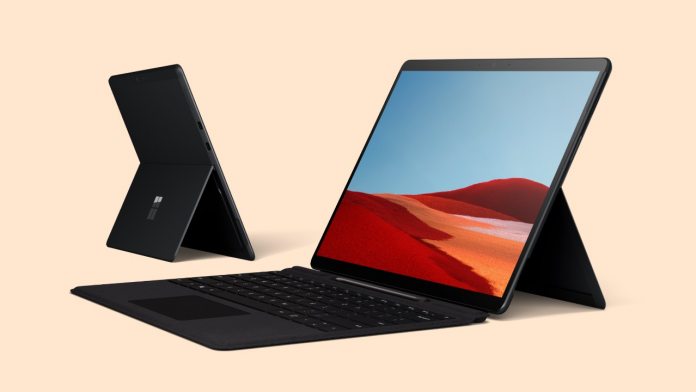Microsoft has quietly dropped support for ARM32 UWP apps on Windows 11. This means that devices running on ARM-based processors will not be able to run 32-bit UWP apps that were designed for the older ARM architecture. Microsoft announced the decision buried in the changelog for Windows 11 Preview build 25905 on the Canary Channel.
“Starting in this Insider Preview build in the Canary Channel, we have removed support for Arm32 UWP applications from Windows on Arm, as documented here: Windows 11 Specs and System Requirements. After the OS upgrade, any installed Arm32 applications will no longer launch on your device.”
UWP, or Universal Windows Platform, is a framework that allows developers to create apps that can run across different types of Windows devices, such as PCs, tablets, phones, and Xbox. UWP apps are distributed through the Microsoft Store and can take advantage of features like live tiles, notifications, and Cortana.
However, UWP has not been very popular among developers and users, as many prefer to use traditional desktop apps or web apps instead. Microsoft has also been shifting its focus away from UWP and towards other technologies like WinUI, WebView2, or Project Reunion. The latter is a Microsoft project that unifies Win32 and UWP app development.
Moving Forward without UWP
ARM32 UWP apps are a subset of UWP apps that were built for the ARM architecture, which is used by some low-power devices like the Surface RT and the Lumia 950. These apps are different from ARM64 apps, which are compatible with newer ARM-based devices like the Surface Pro X and the Samsung Galaxy Book S.
Microsoft has removed the ARM32 UWP app support from Windows 11 without any real explanation as to why. This means that users who upgrade to Windows 11 will not be able to run these apps on their ARM-based devices. However, they can still run ARM64 apps, x86 apps (through emulation), and x64 apps (through the new x64 emulation feature).
The reason for this decision could be that there are not many ARM32 UWP apps in the Microsoft Store, and that most of them are outdated or abandoned by their developers. Moreover, supporting ARM32 UWP apps could add unnecessary complexity and overhead to the Windows 11 operating system.
It is unclear whether Microsoft will restore the ARM32 UWP app support in the future or provide any guidance for users and developers who are affected by this change. This change is current in a preview build, so it will not show up for end users. There is also a chance Microsoft is simply testing this out and will not finalize the change.




